THE AWAKENING. Atmospheric although not very scary gothic horror
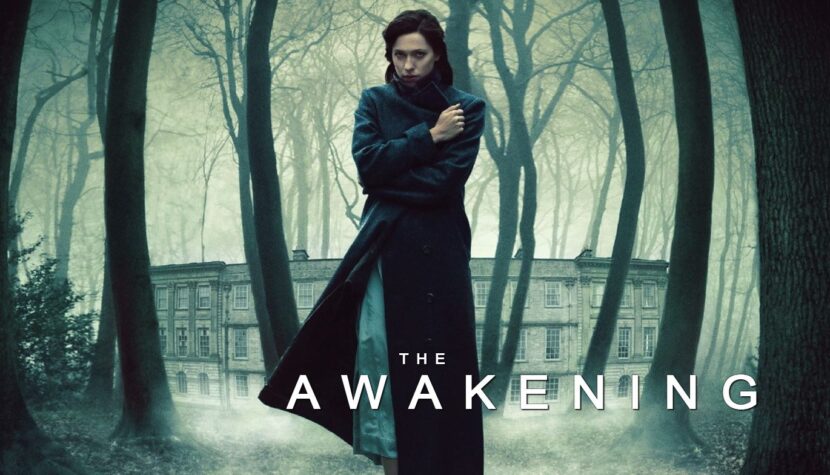
I’m talking, of course, about effectiveness understood as reaching the audience with a broadly defined aesthetic satisfaction, providing them with the experiences they counted on and expected when choosing a particular repertoire position. Just as a melodrama should move, a comedy should amuse, a horror should scare. How to approach a film that, although it cannot fulfill its role, still intrigues at times with its atmosphere and overall execution? Approach it ruthlessly pragmatically.
The Awakening, directed by Nick Murphy, is a classic example of gothic horror. A subgenre somewhat forgotten, although increasingly vocal due for example The Woman in Black. Its characteristic elements are constant and unchanging. An old castle or another remote building, ghosts or other haunting phenomena, whispers, creaks, enveloping darkness, and other paranoias form the basis of the atmosphere of this gothic horror variant. Murphy’s film, although perfectly fitting into the known style, often struggles with adept management of it.
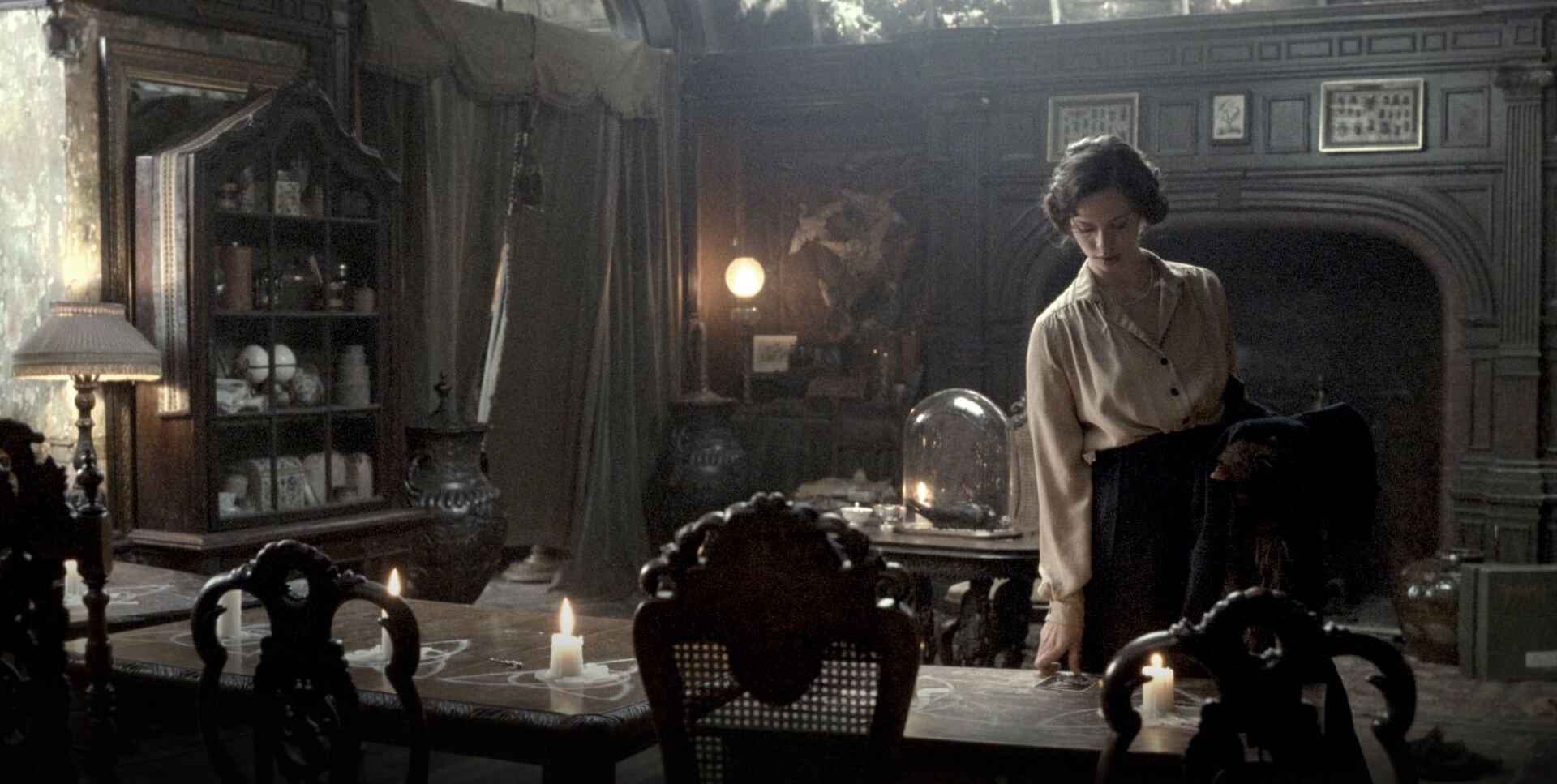
Plot-wise, The Awakening doesn’t surprise us with anything new, as it relies on well-known genre clichés. The action takes place in the first half of the 20th century. In a certain boarding school for boys, tragic accidents occur too often. Its authorities decide to hire Florence Cathcart (Rebecca Hall), a woman whose profession resembles that of a ghost hunter. However, she mainly exposes spiritualistic hoaxes, mistakenly believing that she will eventually abandon her skepticism and find the key to the world that took her loved ones. She gets exceptional opportunities for this because the new assignment seems to belong to those to which rational means should not be applied for understanding.
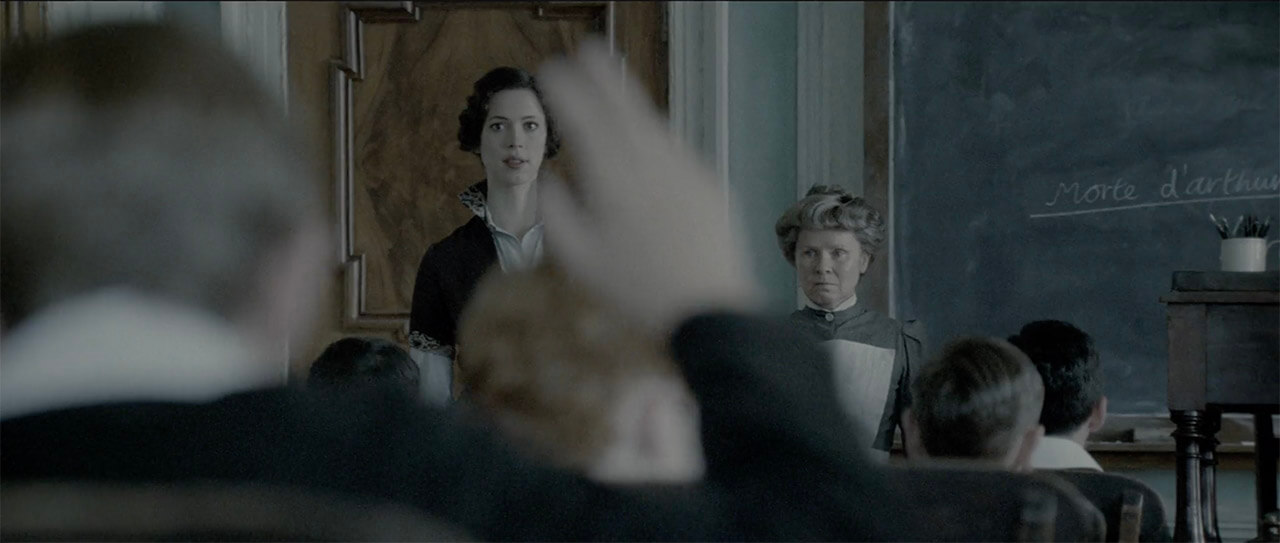
Each of us can predict the course of events. However, this is not the biggest problem of this film because cliché in horror is a quite common phenomenon. It does not pose a problem if the creators abandon the imitative costume for a moment and surprise us with something fresh. It is not a problem, especially when the horror built upon it properly scares us.
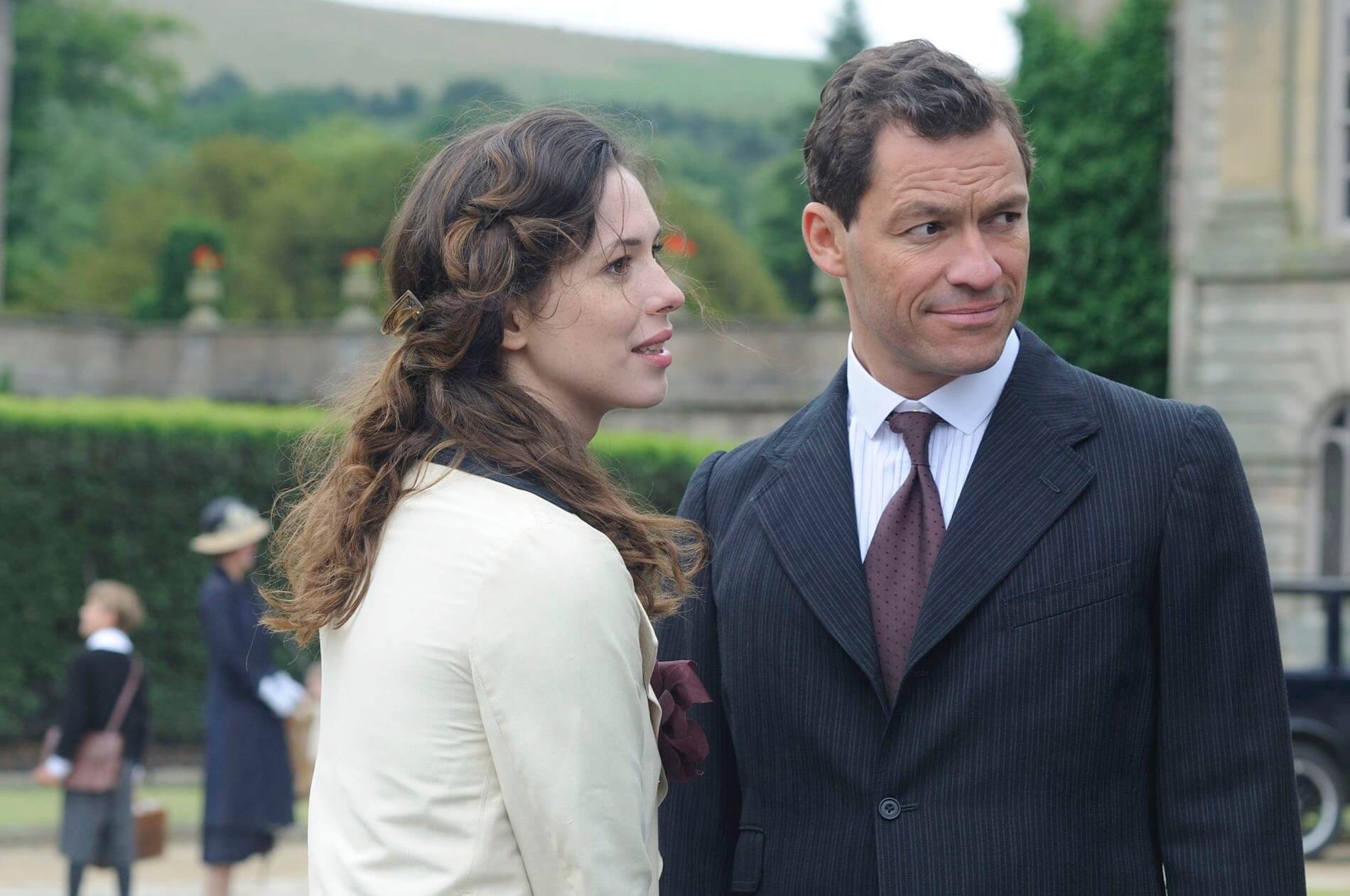
In The Awakening, however, we cannot count on any kind of cinematic surprise. What’s the use if the beginning of the film promises to be exceedingly intriguing if, after about forty minutes, due to a few missed script solutions, the whole meticulously constructed atmosphere becomes shallow and indifferent in reception? Difficulties in escalating tension and the triviality of individual horror scenes, which should not be so trivial, reveal the weaknesses of this project. Strength, which would allow thinking about it in terms higher than mediocrity.
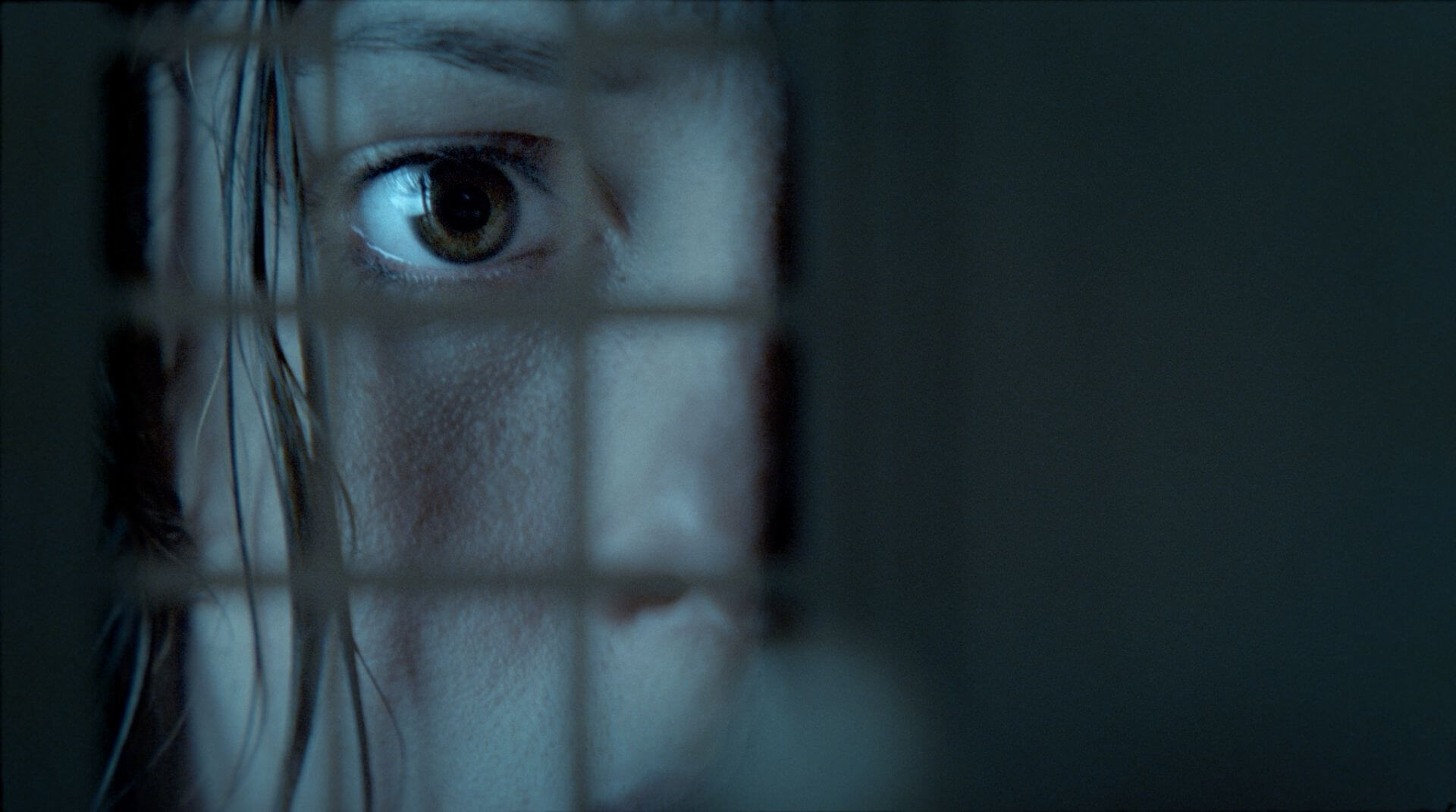
The goal has not been achieved. I did not feel the effectiveness in operating fear. The plot bored me, and the ending left me without reflection. A film that insidiously relies on the wave of popularity of The Others and The Orphanage has not for a moment come close to the level of its conventional predecessors. It no longer intrigues and surprises like the former, and certainly does not move like the latter.

